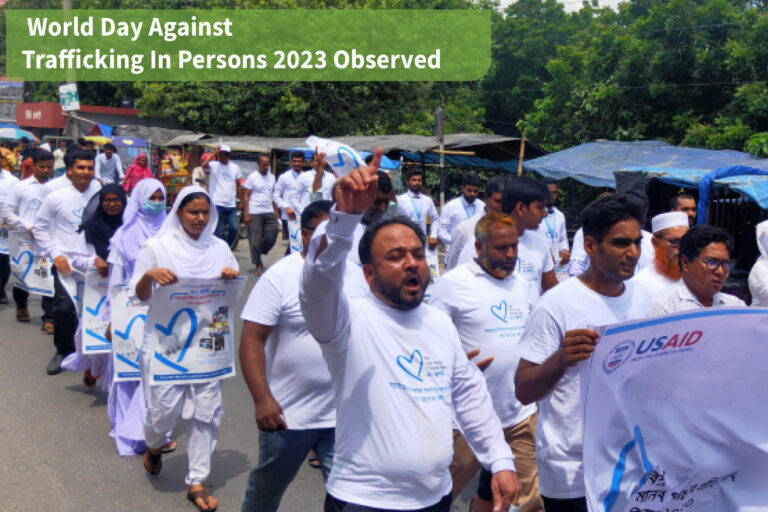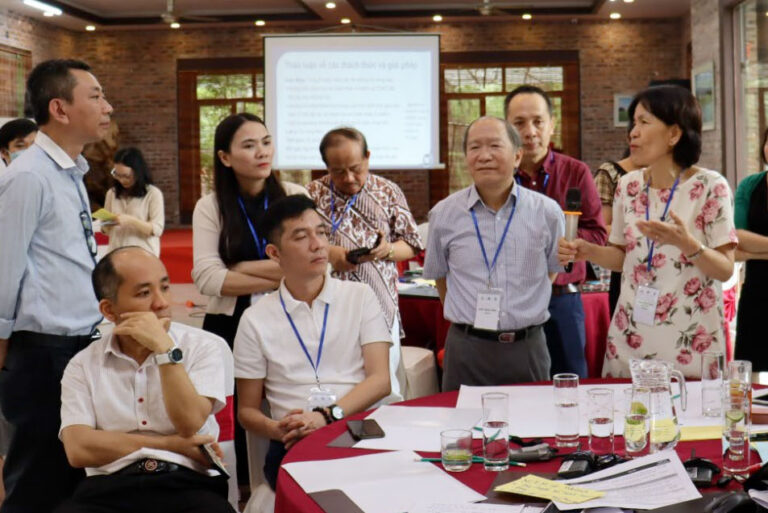Resources
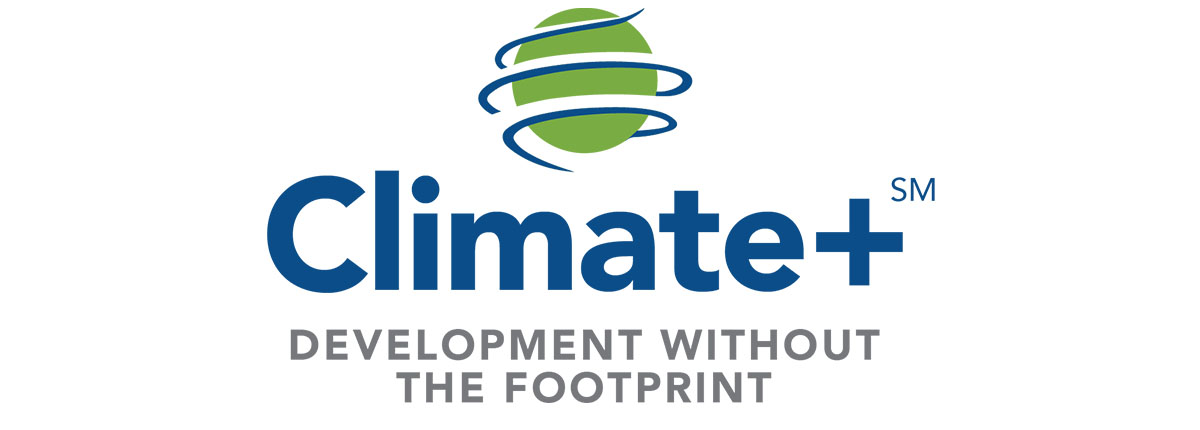
Climate+ Development without the Footprint
Development projects seek to empower disadvantaged communities and improve wellbeing. Unfortunately, these development initiatives rely on a combination of international flights, local vehicles, office generators, energy consumption, and many other activities that leave a carbon footprint, worsening climate change, harming ecological systems, and further damaging social and economic conditions. Climate+ enables a project to responsibly […]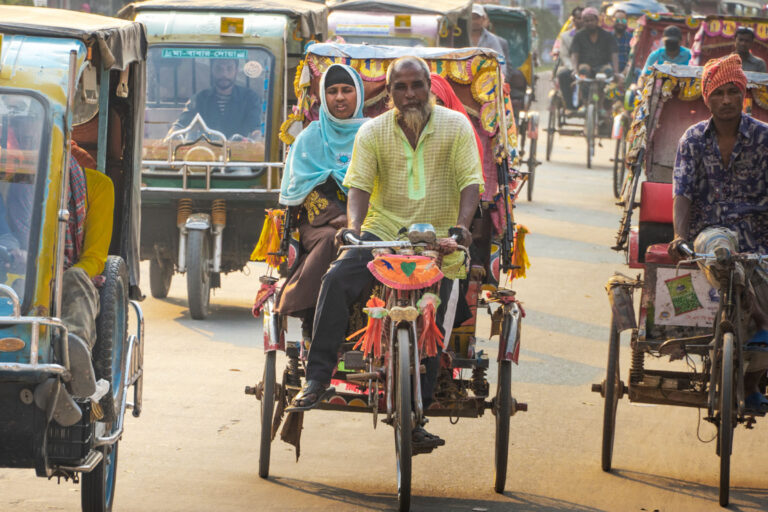
Illuminating the Nature of Systemic Vulnerability to Cross-Border Human Trafficking: the Bangladesh-Malaysia Corridor
Millions of Bangladeshi citizens have migrated and continue to migrate internationally, generating important economic value for Bangladesh in the form of remittances as well as wealth, eventually brought home and invested in communities all over the country (Ranjan, 2016). However, those migrants are not sufficiently protected from exploitation, and many fall victim to trafficking in […]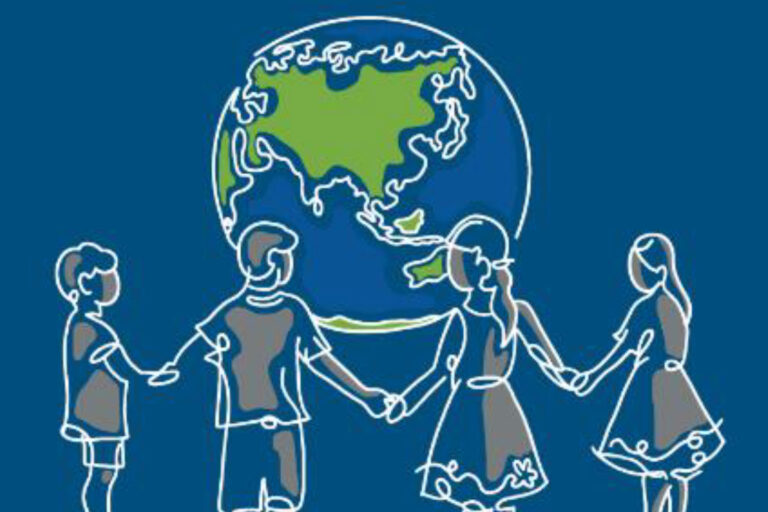
Rapid Situational Assessment on the Child Trafficking Context and Response in Southern Kazakhstan: Situational Analysis Report
Child trafficking is a pressing issue in Kazakhstan. The country is deemed a supplier, recipient, and transit country for trafficking in persons (TIP). Studies on human trafficking suggest the presence of both internal and external trafficking, with survivors of TIP being both citizens of Kazakhstan and other neighboring countries. The reported forms of child exploitation […]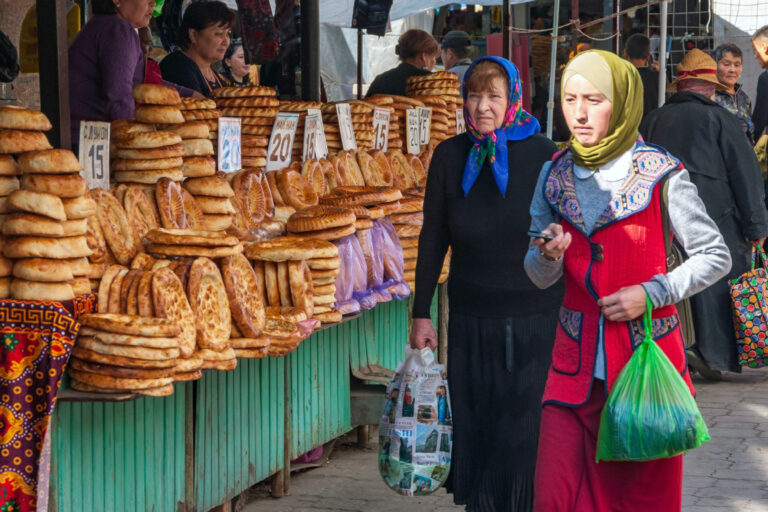
The Systemic Nature of Vulnerability to Trafficking for Kyrgyz Labor Migrants
The research behind this report is the third in a series of projects in partnership between Humanity Research Consultancy and Winrock International, which has been funded by USAID through its Asia Counter Trafficking in Persons (Asia CTIP) program. The first project explored how survivors of trafficking in Bangladesh and Cambodia understood and experienced the reintegration […]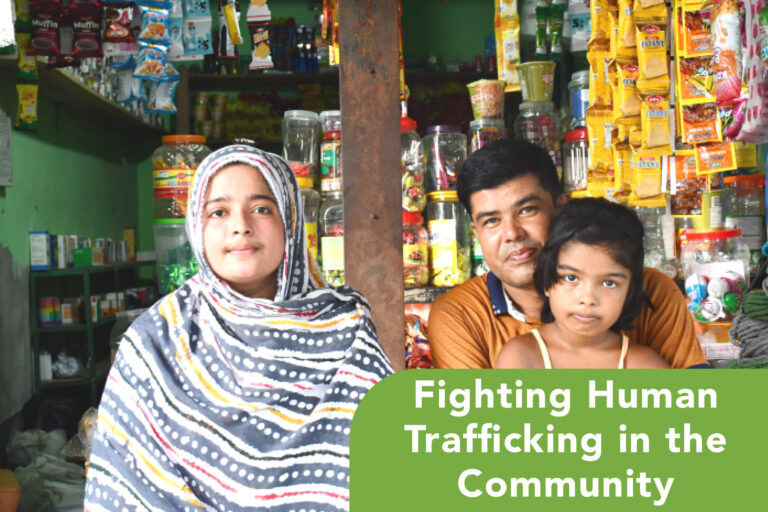
FSTIP at a Glance
The USAID funded and Winrock International implemented Fight Slavery and Trafficking-in-Persons (FSTIP) Activity is a 10 million dollar and five-year (July 2021 – June 2026) project. The project represents an important milestone in Bangladesh’s journey to self-reliance, which is a 15-year partnership between Winrock, USAID, and the Government of Bangladesh and civil society to pioneer […]